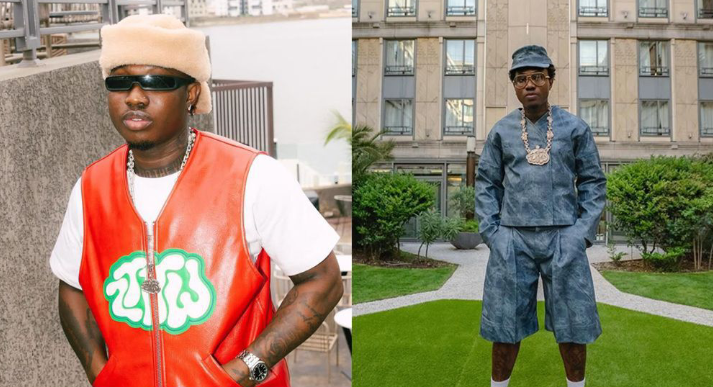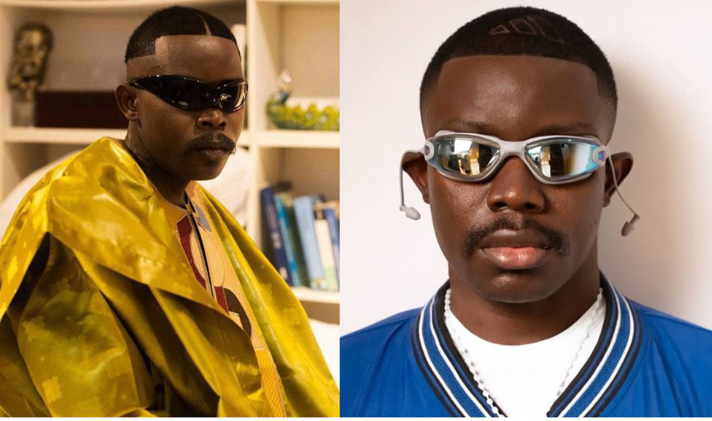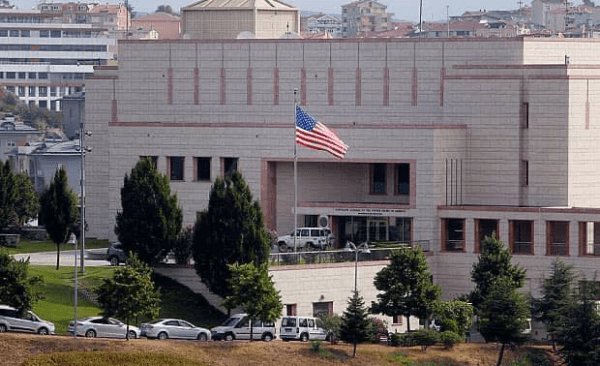
Zlatan Warns Families of Rising Musicians to Save for Therapists Alongside Music Promotion

In a music industry where the spotlight often shines only on the glamour, the fame, and the wealth that comes with success, Nigerian singer Zlatan Ibile has sparked an unusual conversation about the hidden costs of pursuing stardom. Taking to social media, the World President as he is fondly called delivered a message that has been resonating widely: families of upcoming artistes should not only invest heavily in marketing and promotion but should also keep money aside for therapy, because the emotional, mental, and psychological pressures of the music industry are as demanding as the financial.
Zlatan, known for his street credibility, sharp wit, and often blunt truths, did not mince words when he wrote that if anyone has a brother or sister who is a fast-rising artist and they genuinely believe that person is going to blow, they should make sure that just as they are saving money for promotion and marketing strategies, they should equally set aside funds for therapy sessions. The comment, which he punctuated with humor, quickly sparked a wave of reactions online, with many agreeing that his advice was not only timely but necessary in today’s entertainment climate.
Behind the flashing lights and the cheering crowds lies an intense world where young artistes are constantly pressured to deliver hits, stay relevant, and build a brand that can withstand the test of time. This pressure, often invisible to fans, weighs heavily on many entertainers. They must grapple with rejection, public scrutiny, online trolling, and the emotional rollercoaster of trying to break into an industry already crowded with talented voices. For those who eventually make it, the demands only multiply as expectations grow, fans become more critical, and the chase for consistency consumes every waking moment. Zlatan’s call, therefore, is a reminder that while money for recording, shooting videos, and marketing campaigns is important, the mind of the artist is just as valuable an investment.
Observers quickly pointed out that Zlatan himself has witnessed these struggles firsthand. Rising from the trenches of Nigerian street music, he has battled his way into the mainstream, building not just a name but a movement around his music. Known for his hit records that cut across Afrobeat, street-hop, and collaborations with A-list stars, he has also seen colleagues struggle mentally with fame, pressure, and sometimes failure. His advice is laced with both humor and experience, as he understands what it means for a young creative to be supported financially without adequate emotional or psychological backing.
Reactions from fans to Zlatan’s post poured in swiftly. Many hailed him for speaking the truth in an industry where conversations about mental health are often ignored or treated as a sign of weakness. Others shared stories of artistes who had reached the heights of stardom only to crash emotionally because they had no support system outside the fame. In an era where therapy and mental health care are becoming less stigmatized but still remain inaccessible to many, his words strike at a deep reality.
Some also interpreted his statement as a wake-up call to families who sometimes push their wards into music careers with the hope of quick success. In Nigeria, where the entertainment industry has become a booming global export, many families now look to music as a potential lifeline out of poverty. Parents, siblings, and relatives often rally around an upcoming artiste, pulling resources together to pay for studio sessions, music videos, and aggressive promotions on radio and social media. While this financial support is invaluable, Zlatan’s point is that without preparing the artiste for the storms ahead mentally, all that investment can go to waste.
It is not just a Nigerian problem either. Across the world, the mental health struggles of entertainers are now being talked about more openly. From international pop stars to local celebrities, countless stories have surfaced of depression, anxiety, and burnout stemming from the pressures of stardom. For many young artistes, the dream of making it big sometimes comes at the cost of peace of mind. Zlatan’s words echo these global realities while grounding them in the everyday hustle of Nigerian music.
Industry insiders have also weighed in, noting that therapy is often seen as a luxury rather than a necessity in Nigeria. Unlike promotional budgets which families are quick to assemble in hopes of creating the next viral sensation, mental health care is rarely considered part of the package. Yet, the emotional resilience of an artiste often determines how long their career will last. A talented individual without the psychological strength to withstand pressure may fizzle out despite heavy investments.
Interestingly, Zlatan’s post has also sparked debates around the role of managers, record labels, and support teams in safeguarding the mental health of artistes. Some argued that families should not bear this burden alone. Record labels, which often pump millions into artistes, should also create structures for psychological counseling and mentorship to help rising stars navigate the complex world of fame. In many cases, artistes signed to labels face even higher stress levels, as contractual obligations force them into relentless work cycles with little room to rest or recalibrate mentally.
The reality, however, remains that many upcoming artistes in Nigeria are not signed to major labels. They rely on the sweat and sacrifice of their families, friends, and well-wishers. These are the people Zlatan is addressing—those who may believe that all an artiste needs to succeed is money for studio time, flashy videos, and trending promotion strategies. He is reminding them that no matter how bright the lights are, the human heart and mind behind the music need to be cared for.
The candid nature of his advice is typical of Zlatan, who has built a reputation for speaking without filters, often mixing humor with wisdom. His phrase “keep therapist money for one side too” has since been shared widely, turning into a catchphrase among fans who see it as a street-smart way of saying, “don’t ignore mental health.” Some even suggested that it should become a campaign slogan for promoting awareness around mental health in the Nigerian entertainment industry.
The conversation his statement has ignited is unlikely to fade soon. As more entertainers continue to open up about their mental health struggles, the industry may gradually shift to embracing therapy and counseling as necessary tools, not just for established acts but for those still coming up. Zlatan has in his own way planted a seed by challenging families and support systems to rethink how they prepare their loved ones for the music journey.
In a world where many young Nigerians see music as their ticket to a better life, Zlatan’s reminder rings clear: success requires not only money, connections, and promotion but also mental stability. For every studio session funded, for every music video shot, for every promotion run on social media, there should also be provisions for therapy, counseling, and emotional support. The industry is not just about who can blow up quickly but who can survive the storms that follow. Zlatan’s words may have been laced with laughter, but the truth beneath them is serious—mental health is as much an investment as any marketing plan.


